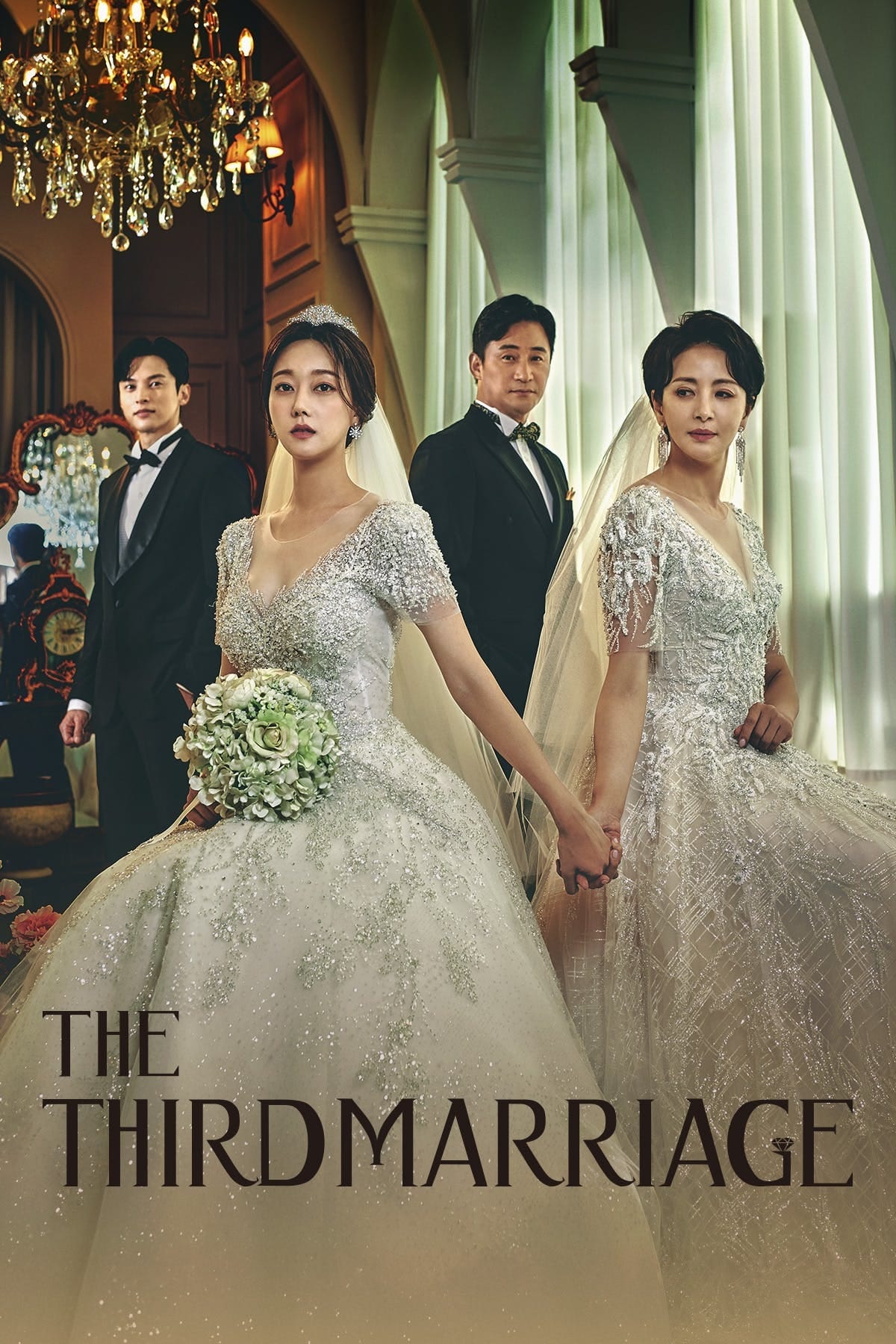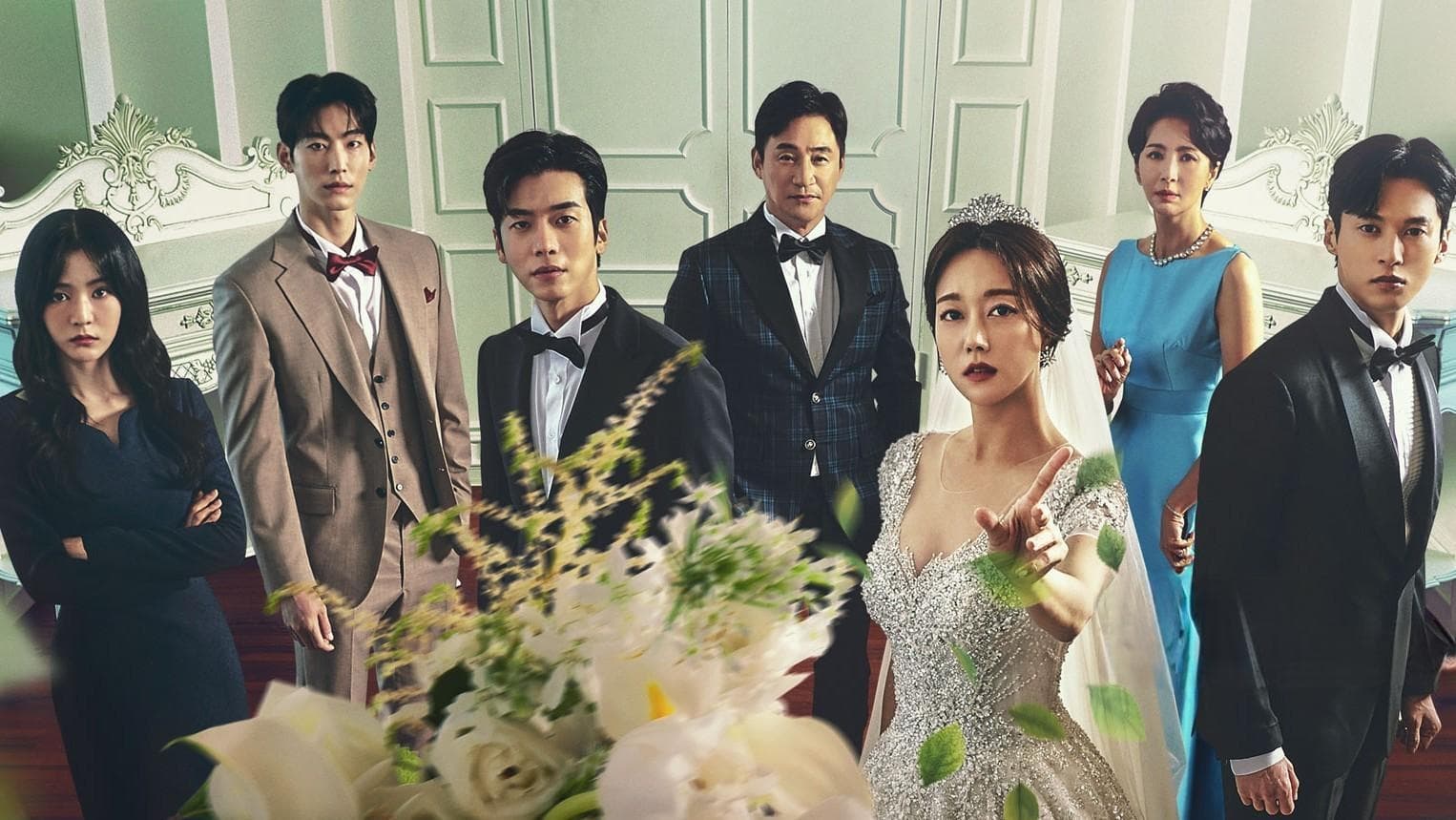The Third Marriage: A Deep Dive into a Complicated Web of Desire and Deception (Deep Reviews and Unique Article)
Netflix's The Third Marriage (2023) isn't your typical K-drama. While it initially presents the familiar tropes of forbidden love and societal pressures, it quickly transcends them, offering a nuanced exploration of complex characters grappling with their desires and the consequences of their choices. This isn't a story about finding "happily ever after"; it's a brutal, honest portrayal of the messy realities of marriage and the enduring power of the past.
Instead of focusing on a singular romance, The Third Marriage weaves together multiple intertwined narratives, creating a rich tapestry of human relationships. The central plot revolves around the fractured marriage of Seo Hye-won (Park Joo-mi) and Jung Se-hyun (Lee Sung-jae), a seemingly successful couple hiding a deep chasm of unspoken resentment and betrayal. Their seemingly perfect façade unravels, revealing the cracks in their foundation and the unspoken desires that fuel their individual actions.
What sets The Third Marriage apart is its refusal to demonize any single character. Each individual – even those initially presented as antagonists – possesses a compelling backstory and understandable motivations, however flawed. This creates a profound sense of empathy, forcing the viewer to confront uncomfortable truths about human nature and the choices we make.
Unique Perspectives and Uncomfortable Truths:
The drama masterfully explores the suffocating societal expectations placed upon women in South Korea, particularly within the context of marriage and family. Hye-won's struggle is not simply a romantic one; it's a battle against societal norms that prioritize appearance and conformity over personal fulfillment. This element elevates the drama beyond a simple love triangle, making it a poignant commentary on gender roles and the pressure to maintain a flawless public image.
Furthermore, The Third Marriage doesn't shy away from portraying the complexities of infidelity and its devastating impact. The consequences aren't neatly packaged; they ripple through the lives of everyone involved, exposing vulnerabilities and forcing difficult confrontations. The drama skillfully avoids simplistic judgments, instead opting for a realistic portrayal of the emotional fallout and the long-term damage inflicted by betrayal.
Beyond the Romance:
While romantic entanglements are central to the narrative, the drama's strength lies in its exploration of familial relationships and the enduring power of the past. The interwoven stories of the characters and their families reveal layers of secrets and betrayals, highlighting the long-lasting effects of past traumas and the struggle to reconcile with one's history.
A Deeper Look at the Performances:
The acting is phenomenal. Park Joo-mi's portrayal of Hye-won is particularly compelling, capturing the subtle nuances of a woman trapped between her desires and her societal obligations. The supporting cast also delivers powerful performances, adding depth and complexity to the already intricate narrative.
Final Thoughts:
The Third Marriage isn't a lighthearted watch. It's a challenging, thought-provoking drama that demands your attention and leaves you contemplating the complexities of human relationships long after the credits roll. While it may not offer easy answers, it offers a compelling and realistic exploration of the messy, unpredictable, and often painful realities of love, marriage, and the pursuit of happiness in a world riddled with societal expectations. If you're looking for a K-drama that goes beyond the typical tropes and delves into the darker, more nuanced aspects of human experience, then The Third Marriage is definitely worth watching.


